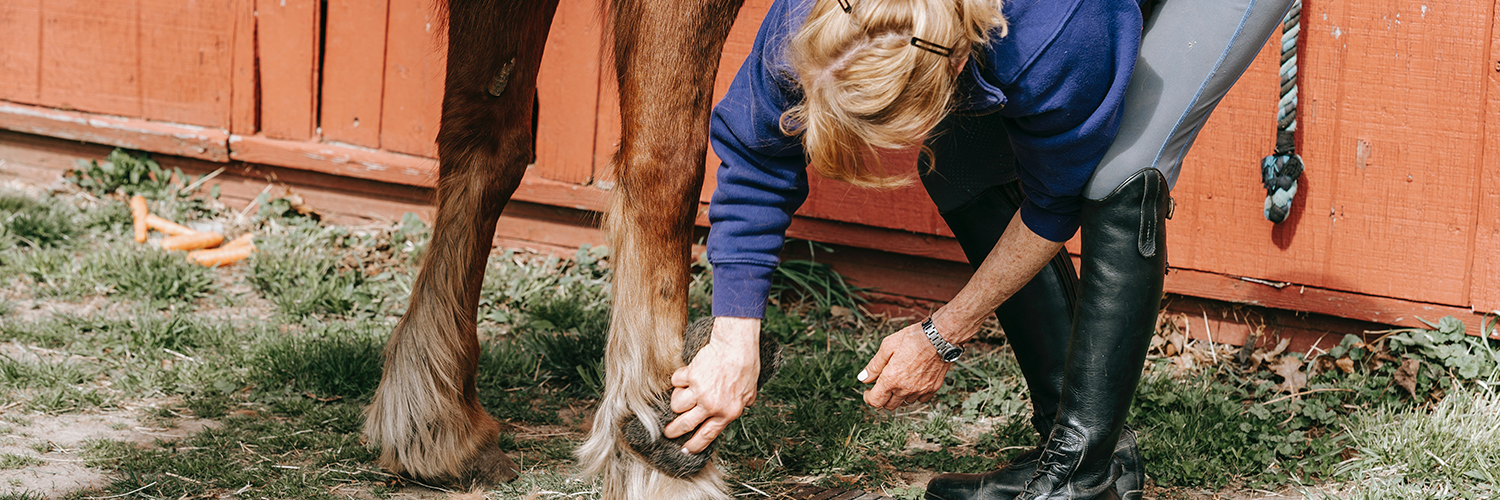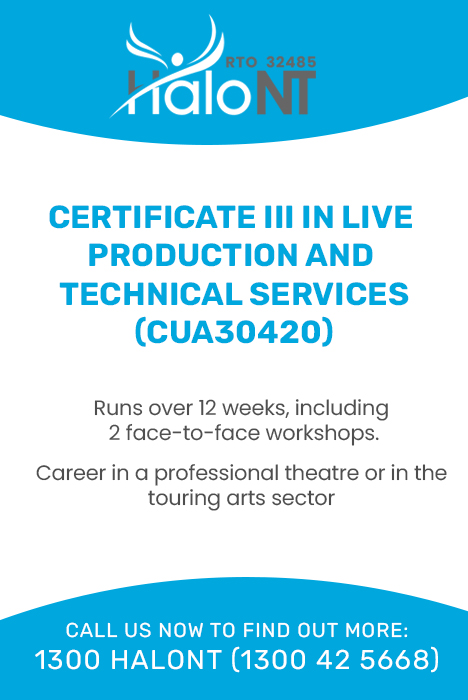
ACM20221 - CERTIFICATE II IN HORSE CARE
Delivery Requirements: |
|
|
Course delivery location: |
|
|
Online delivery course duration: |
Approx. 4 hours per week for 40 weeks |
|
Outcome: |
Statement of Attainment - Certificate II in Horse Care |
|
Prerequisites: |
None | |
Other Course Requirements: |
Students must have access to three calm, consistent and obedient horses for a range of practical activities. |
|
COURSE DETAILS
This course comprises 13 units of competency that are delivered over 12 months. There are 5 core units:
- ACMEQU212 Handle horses safely
- ACMEQU213 Follow safe work practices in equine industries
- ACMEQU215 Provide daily care for horses
- ACMEQU216 Check and treat horses
- ACMEQU217 Load and unload horses
There are 8 electives that include units in general horse care and environmental and land management. These are:
- ACMEQU220 Lunge educated horses
- ACMEQU314 Provide non-riding exercise to horses
- ACMINF302 Follow equine biosecurity and infection control procedures
- AHCINF202 Install, maintain and repair farm fencing
- AHCINF302 Plan and construct an electric fence
- AHCWRK201 Observe and report on the weather
- AHCWRK312 Operate in isolated and remote situations
- RGRPSH308 Provide first aid and emergency care for horses or other equines
There is 1 elective that can be taken as an option either with Pegasus Equine Training or with any other provider. An additional fee may be charged for this unit if it is delivered by Pegasus.
- HLTAID011 Provide First Aid
PRACTICAL WORK
It is a requirement of the course that students need to undertake practical activities in order to demonstrate their horse care and management skills. The student must be able to identify a mentor or supervisor who can assist them with the development of their practical skills, and who can sign off any practical activities that may be required as part of the training.
ONLINE DELIVERY
Students will need to complete a series of training activity books during the course of their study. Students can log in to the student portal and submit completed work at any time. There is no set timetable that must be followed, and students are encouraged to complete their activities as quickly or as slowly as they are able. Mentors and coaches are available online to assist in activities, and work can be submitted as many times as might be required to be marked as ‘competent’ in each unit.
All activities and assessments must be completed and returned before any qualification is granted.
LOGBOOKS
The course requires demonstrated evidence of horse skills. Each skill must be demonstrated a number of times – on each of three calm, consistent and obedient horses, and each skill must be demonstrated in full.
To facilitate this demonstration requirement, each student is provided with a logbook for completion. The logbook specifies the skill that is required, and there is a space for a supervisor to sign off each activity as having been completed satisfactorily. The supervisor can be any person employed within the horse industry, with the appropriate skills to be able to supervise the student.
The logbook may take up to 12 months to complete subject to animal availability. The student may need to source access to additional horses in order to complete the logbook activities.
RESOURCES REQUIRED
-
All course materials are provided to the student in printed format, but may be available in electronic format for assessments.
Students may require access to a computer or internet at home/work or you may use those available at our facility during normal business hours (if available)
-
Assessments may be submitted electronically via eMail, on an USB memory stick, by a link to DropBox (or similar) or in hard copy version via mail. (Ensure that you retain a back-up copy of your assessment tasks.)
ENTRY REQUIREMENTS
You are required to have:
- Intermediate computer skills in order to utilise online resources (if required) and to complete assignments and assessments
- A reasonable level of literacy and numeracy
- Access to the internet and a current email address
- Access to three calm, consistent and obedient horses
HaloNT is a supervising Registered Training Organisation (RTO) which develops accredited and non-accredited courses and Certificate training. All these courses are written in English, and may have a minimum English literacy requirement. HaloNT may undertake language, literacy and numeracy assessments prior to commencement of any training course. All training is done by Pegasus Equine Training (A business of Pegasus Equine Centre Pty Ltd) through a Partnership Agreement with HaloNT
WHAT HAPPENS NEXT
- At this stage, you should have access to three calm, consistent and obedient horses.
- You should identify someone with horse knowledge who can act as your immediate supervisor and who can assist you with your training. That person should be able to answer your questions about horse care, and assist you with your logbook activities. You may have one supervisor, or you may have a number of supervisors.
Supervisors may be riding coaches, other agistees on a property, a trainer or instructor at your pony club, or anyone else who has the skills to assist you.
- You will be sent your training learner guides and your activity books. You need to start work on your core units in your own time. Don’t worry if you do not get them completed quickly; your online mentor can assist you with your learning.
- You will be sent your logbook. This is very important as it contains everything that needs to be done that is practical, and everything that needs to be witnessed and signed off by a supervisor. Read through the logbook, and familiarise yourself with the practical activities that need to be completed. As this is a Certificate II level qualification, the practical activities are not complicated, and mainly include things that you would do during your day to day interaction with your horses – feeding, basic handling, moving them around, checking them for condition and basic health.
- You will submit any outstanding paperwork. You will get feedback on everything that you submit as you go.
- You will complete your logbook in your own time and as activities present themselves. You will submit your logbook
- Finish.
